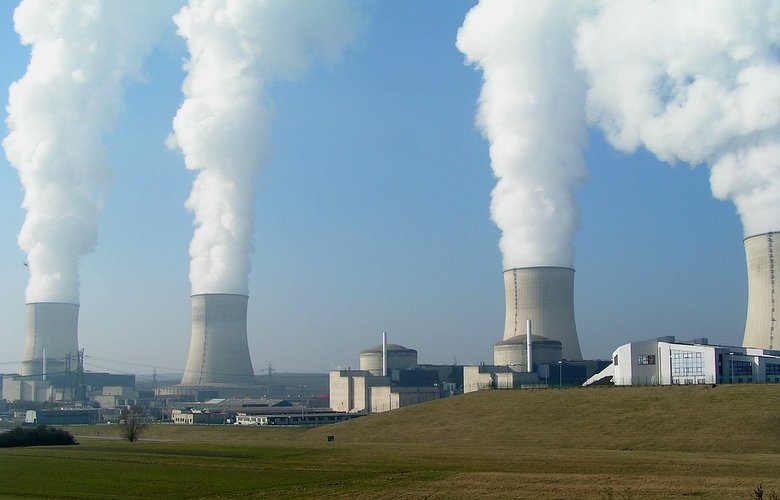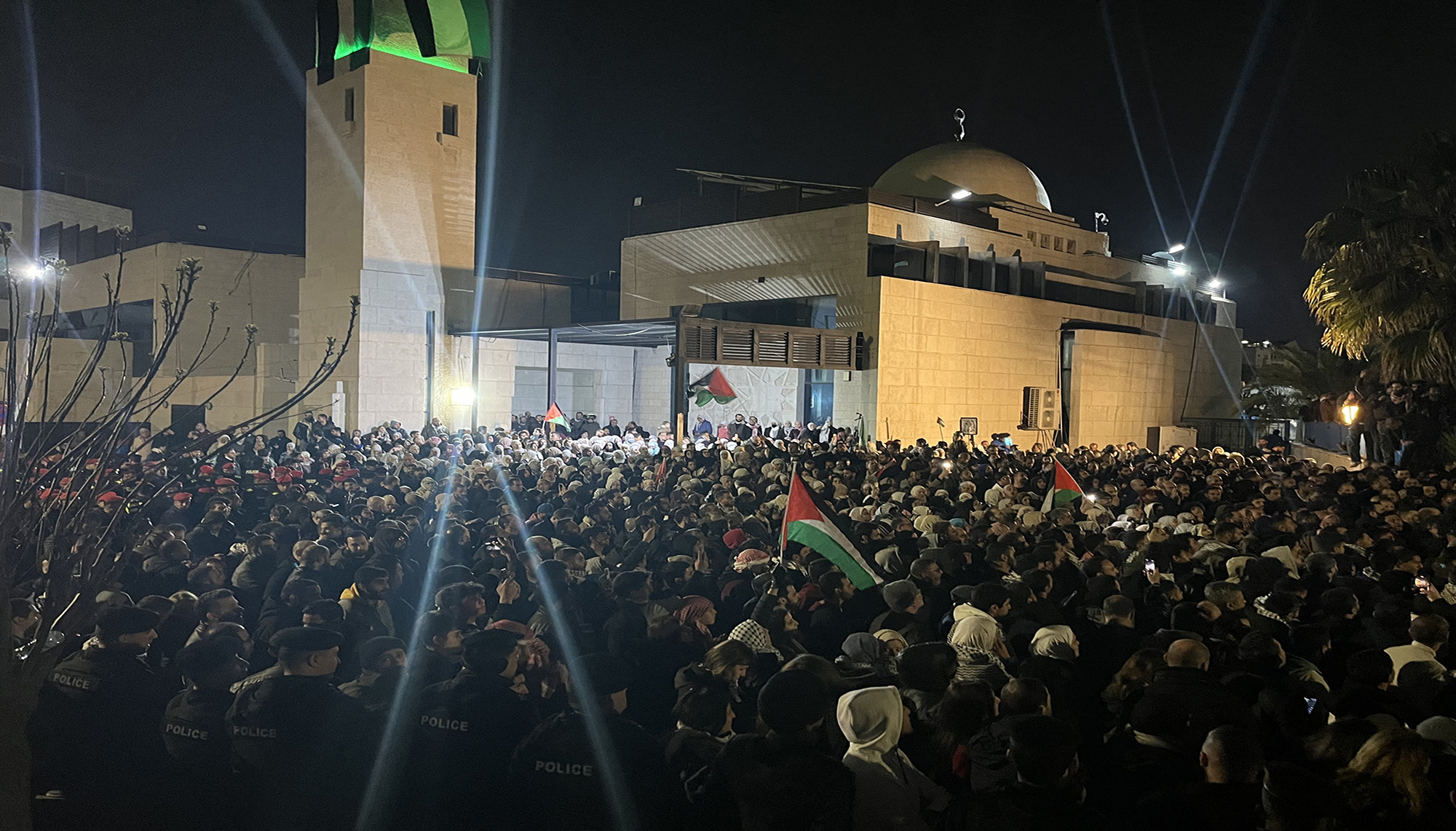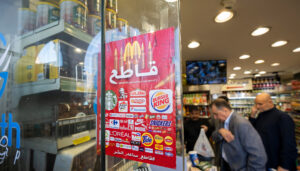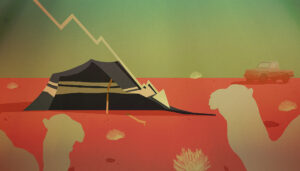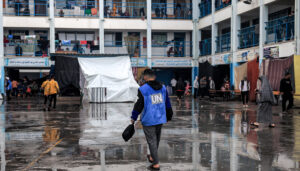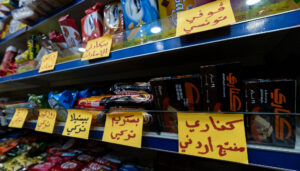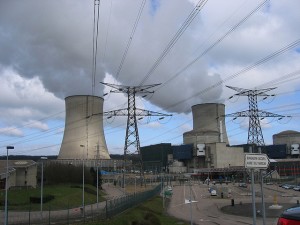
Photo by Toucanradio. Licensed for reuse under Creative Commons
By Odeh Al-Jayyousi*
The debate on energy security, strategy and national public policy options should be a rational and pragmatic decision guided and informed by science and economics. However, this decision can be influenced by the psychology of fear and risk especially after the 1986 Chernobel disaster and the 2011 Fukushima crisis. In a knowledge-based economy, there is no reason why any country should not be able to learn from other nation’s experiences. The key question is which model is more adequate for the Jordanian context; is it the French or the German model when it comes to energy security and sustainability?
At our disposal, we have the French, Japanese and the US models who chose to go ahead with an energy mix that includes a certain percentage of nuclear energy as part of energy security after the 1973 oil shock. On the other hand, we have the German model which decided recently to abandon nuclear energy based on public consultation and debate among competing political powers. Each model adopted by different countries, I believe, has its own merits based on scientific, economic and value rationality since it is supported and hinged on a public choice and dialogue. In such a public debate or dialogue, trust is co-created through honest, clean and clear data sharing among all stakeholders. This is simply a genuine communal process for constructing a joint reality for a sustainable future for any country. In such a process people and policy makers need to make a clear distinction between facts and opinions. In decision theory and science, we refer to this exercsie as as a multi-objective-multi-criteria-group decision making which is simply about making decisions under uncertainty.
In a democracy, this is also part of a social learning process in which both facts and opinions are challenged and exposed to scrutiny. The value of this public debate at all levels of science, civil society and Parliament is that it transforms our work from just “doing things right” to “doing the right thing”. It may be useful for Jordan to reflect on the reasons for France or Germany to adopt or abandon a specific model since this analysis sheds light on the process of developing policy options in the public domain. Let us talk about some facts.
Internet sources inform us that France derives over 75% of its electricity from nuclear energy. It is the world’s largest net exporter of electricity and gains over 3 billion euros per year. It exported, over the last decade, about 60 billion KWh each year to Belgium, Germany, Italy, Spain, Switzerland and UK. In 2010, the International Energy Agency urged France to take a key role in providing Europe with low cost, low crabon nuclear energy. Besides, France had signed nuclear cooperation agreements with 40 countries to provide technical know-how. In 1999, the French Parliament agreed on key elements of energy policy which include respect for the environment and attention to radioactive waste. In 2006, sales revenues from nuclear energy amounted to 58.9 billion euros.
In 2003, the first national energy debate in France was launched to address the fact that 70% of the French public identified themselves as being poorly informed on the energy question. This debate was intended to outline a 30-year energy plan and an energy mix in light of clear and complete data. In 2008, the nuclear policy council was established along with a set of entities with a mandate to address safety, monitoring and licensing. On the other hand, the French public have a protest movement against nuclear energy but with limited impact on the public policy.
In contrast, the German model also has its own unique features and history in light of the Green party activism in the public domain. Germany obtains about 25% of its electricity from nuclear energy but is also investing in wind and solar energy. The recent decision by Germany in May 30, 2011 to phase-out all nuclear reactors by 2022 is worth some reflection and analysis to enlighten our energy policy in Jordan. The recent public policy in Germany is to allocate funds and and invest in R&D in renewable energy in order for Germany to take a leading role in the green economy. Merkel commented that Germany will be going forward so that others can follow their example.
At the regional level and with the potential GCC membership perhaps new energy trade-offs should be negotiated and addressed to achieve energy security, which is a key element in the overall national security. Also, trading renewable energy from this part of the world with Europe as articulated by the Desertec project offers a new model for collaborative work between Europe and MENA countries, which opens new windows of opportunities for Jordan and the region to be part of the Green Economy. The Green Economy implies an investment in our natural capital in terms of R&D, solar and wind energy, green construction, clean production, recycling and eco-tourism.
At the national level in Jordan, the core questions for the nuclear energy debate that need to be addressed by all stakeholders are related to economic, environmental and social costs, water availability, waste management, legal compliance, safety and risk perceptions. All these critical questions are to be addressed in an open and transparent forum by the policy makers, the scientific community and civil society.
Finally, the cornerstone for a sustainable human civilization is society’s ability to nurture a civic intelligence through opening public debates and presenting facts detached from opinions and interests. The key role of the scientific community and civil society is to tell truth and all truth to power. We also need to realize that there is no universal solution to energy poverty and each society should choose what suits its specific conditions, but since we know better we should do better.
In sum, this national energy debate in Jordan is not only about national security and sustainability but is also a question about reform, leadership, and human stewardship. In any democracy, renewable ideas are a key source for renewable energy in society. We need to celebrate new ideas and avoid the “escalation of commitment” syndrome. The Arab Spring is about the imperative for harnessing renewable human energy to address human fears, risks and vulnerabilities.
*IUCN- Regional Director for West Asia Region
IUCN-International Union for Conervation of Nature;
e-mail: [email protected]
Feature image credit: “Nuclear Power Plant Cattenom” by Stefan Kühn – Own work. Licensed under CC BY-SA 3.0 via Commons.
